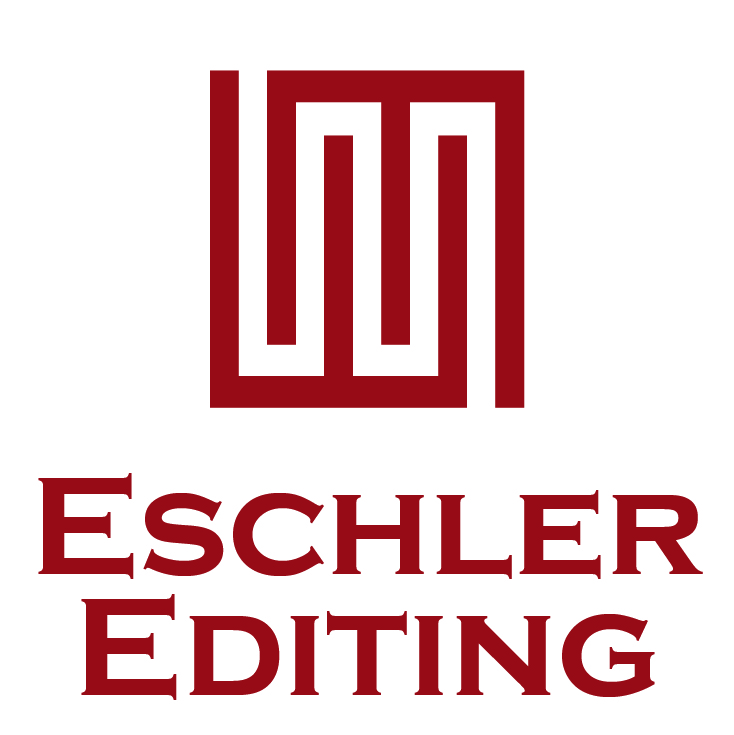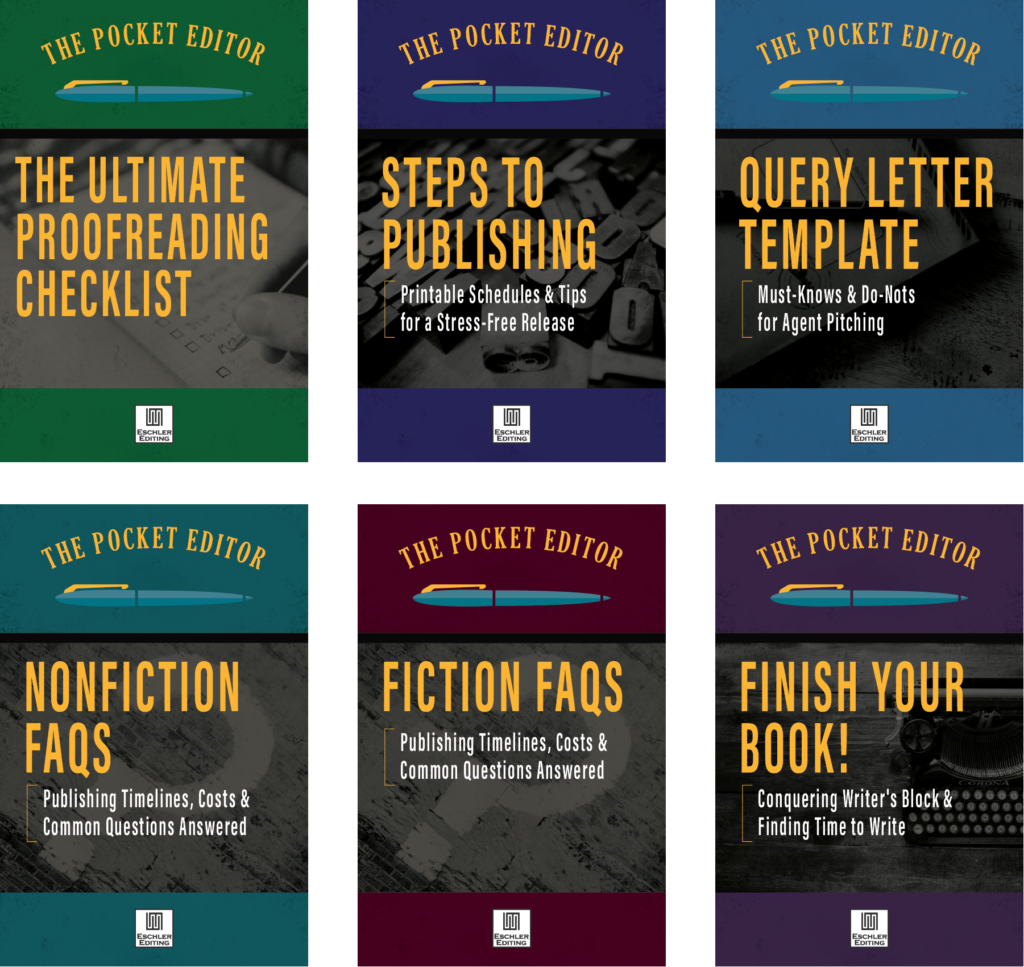A Brave New World … to Defend
(A celebration of speculative world-building—by way of farewell to 2013 Salt Lake Comic Con)
Guest Post by Bruce Eschler
The first-ever Salt Lake Comic Con drew record crowds this last weekend, with more than 70,000 people attending on Saturday alone. That should tell you something about the passion people feel for fantastical worlds. As a writer and reader of speculative fiction, I also think A LOT about other worlds …
Who am I kidding? A lot is an understatement. My mind is always wandering back to worlds that are filled with enchantment or mysterious advanced technologies. Like many readers and writers, this “mind trip” has always appealed to me and is one of the draws of the genre I write in. There are just so many wonderfully delightful worlds to immerse ourselves in.
Recently, I came across a quote by one of my favorite fantastical world creators, reviewing one of my favorite books and its accompanying world. I think this statement describes the essence of what those of us writing speculative fiction should shoot for. Ready for the quote?
In 1937, C. S. Lewis anonymously reviewed The Hobbit, saying … (drumroll) … Wait for it … You know this has to be epic, since it’s a comment from one of the godfathers of fantasy talking about the other godfather of fantasy … Okay, sorry, I get fanboy when talking about the Lewis and the Tolkien. Here we go: Of Middle Earth, Lewis says it is:
A world that seems to have been going on before we stumbled into it but which, once found by the right reader, becomes indispensable for him.”
Isn’t this completely, utterly, and fantastically true about your favorite fantasy (or even any speculative fiction world)? Consider your favorite fictional worlds and how much they mean to you. In fact, dare I propose they could mean more to you than even the characters that inhabit those worlds?
Now, don’t get me wrong. As a middle grade fantasy writer, I naturally love Bilbo, Harry, Gandalf, Percy, Hermione, Snape, Art, Thorin, Myrtle, Grover, Annabeth, and Jack, but the worlds Tolkien, Rowling, Riordan, and Reeve created are what keeps drawing me back into their fiction. (By the way, if you didn’t catch my references to the Larklight series by Phillip Reeve, stop reading this post and go buy those books. If the other character references didn’t mean anything to you, please make an appointment for a literary intervention.)
Back to my world-building soapbox. Upon the completion of the Harry Potter series, I’ll admit that my tears weren’t for Harry and his friends as I put down the book; it was the loss of the wizarding world that broke my heart. It was the knowledge that I wasn’t going to be able to return to the places I had come to adore (or at least not explore them afresh). My attachment to Rowling’s world made the danger Voldemort posed to it more nail-biting and hand-wringing than even the possibility of Harry’s demise in the final installment.
This is the kind of world I, as a writer, hope to create—a world that both your protagonist and your reader are willing to fight for.
Do This Now
- If each book is a country, how can you know what lands you like best if you’ve never wandered out of your own town? Go on a trip and check out some great worlds, reading outside your comfort zone.
- When you explore a fictional world that really resonates with you, analyze what it is that attracts you. How does the author convey this to the reader?
- Use your senses to give descriptions that breathe life into your created world. Visual, olfactory, auditory, kinesthetic—all of them help make a vivid mental impression on the reader.
- Pull out your old college history textbook—and also physics and economic and poli-sci—the more you understand about the world around you, the easier it is to draw outside the lines when you are creating your own worlds.
So, please comment: What other worlds out there do you find to be “indispensible” and worth defending? I’m always looking for new worlds to plop into.





I’m so in the mood for this article, having just watched the newest Star Trek last night. I was in love with Con when I was a kid (I know, I know, weird, but he had this Labrynth-David-Bowie thing going). I watched all the originals–movies and the classic TV show–with my parents. I grew up on that stuff! (And I have frequently asked why my parents let me watch Captain Kirk making out with aliens all the time!) It was so fun to revisit the worlds of my childhood. Nostalgia can overpower any weaknesses in a film, you think?
My husband just told me this: “You should know, Khan is not spelled Con. It is Khan, like Genghis Khan. You must now turn over your geek card.” Boy, do I feel un-geeked. But as an English major, I should have caught that allusion. So sad…(head shaking). My apologies to all who are horrified by the fact that an editor did not check the spelling of an obvious check-that-spelling word. 😉
Haha! That is so funny! Yes, Khan, as in Genghis, but being married to a cop for over thirty years, I can never fall for a bad boy, and Khan was truly that truly wicked guy in each version on Star Trek. Now Kirk…oh! sighs… That kind of world building is fun, but still confusing. My husband and I will enjoy watching ST, but will pick on its weak points. What? No money system? Yet not everyone drives around in a classic old Corvette? The plots holes are much more obvious since I started writing, but really, that doesn’t take away the pleasure of my favorite movies. If and when I write a book where I need to build my own world from scratch, I will take great care in closing any plot holes and make it enjoyable for others to visit.
What a fun article! Makes me want to go on a road trip and explore the world around me. I will put Larklight on my list!